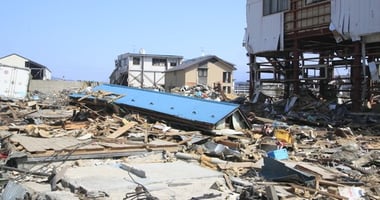Should PTSD Be Renamed?
Where is the boundary between an injury and a disorder? That’s the question raised by U.S. Army officials regarding an all-too-frequent outcome of military combat.
Concerned that calling their response to wartime experience posttraumatic stress disorder (PTSD) would keep soldiers from proper care, Gen. Peter Chiarelli (Ret.) has suggested that the term be changed to posttraumatic stress injury.
That would place a soldier’s reaction in the same category as a bullet wound or a broken leg, considered by troops less stigmatizing than a psychological injury, he said.
Many psychiatrists argue against any such shift, believing that it is too imprecise and won't help with diagnosis or treatment.
Retired Canadian general Romeo Dallaire experienced PTSD while on peacekeeping duty in Rwanda. Now, thanks to his efforts, Canada’s armed forces use “operational stress injury” to describe a soldier’s experience, while leaving the clinical description of PTSD unchanged.
“That established a framework in which individuals could define themselves in an honorable position, seek support, and end the stigma from both the chain of command and from their peers,” said Dallaire.
For more about this ongoing discussion in Psychiatric News, click
here
. For information on recent trends in the treatment of PTSD and other mental disorders in the VHA, click here.
(Image: Christian DeLuca/U.S. Army)






